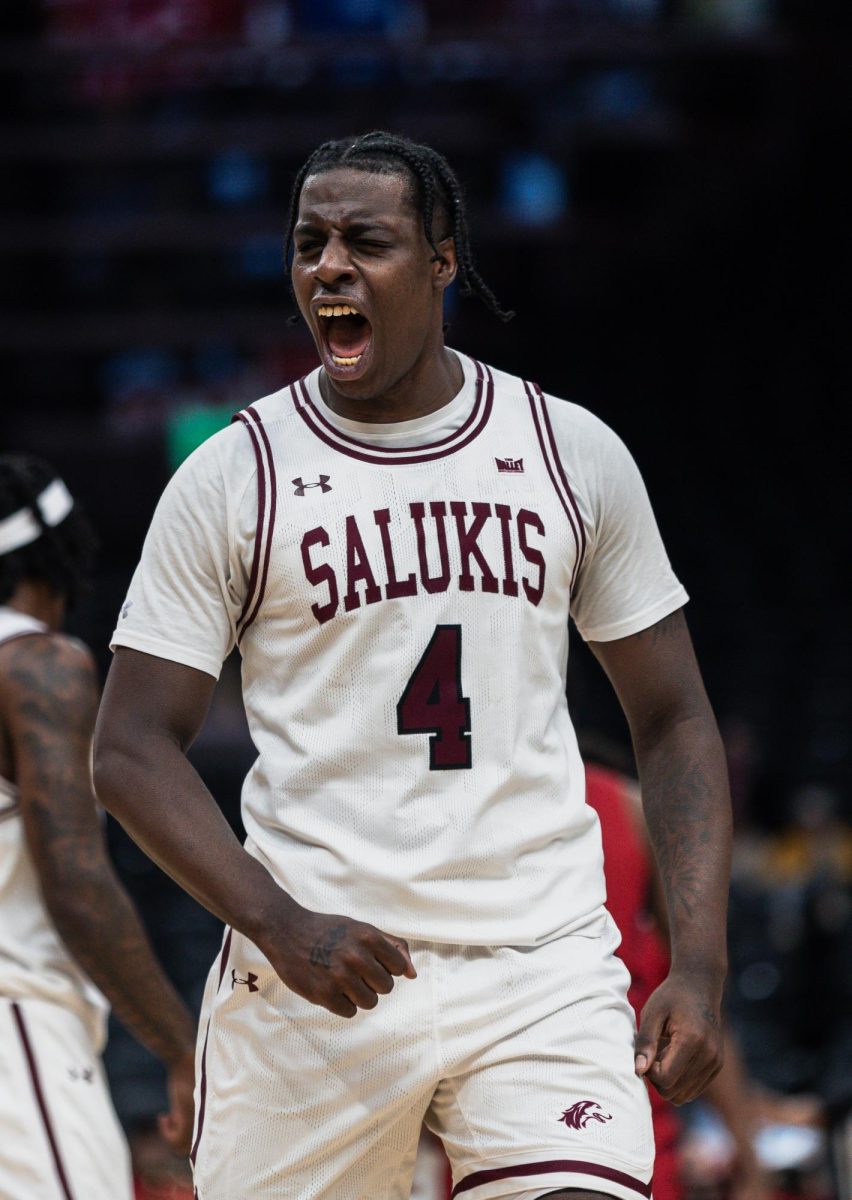Social media impacts education, college experience
July 24, 2013
Since media has become a vital form of communication in today’s society, it is important for the university’s faculty and students to understand how online interactions can help improve the college experience.
The Huffington Post released an article June 25 that said students who use Facebook and other social media websites at a frequent rate are more likely to be wealthier and more involved with on-campus programs than their peers who avoid social media.
Tamarah Cook, a social media strategist for the information technology department, said the reason social media plays such an important role at the university is because of how large the social media community has become in the last few years.
Advertisement
“If the students are online with each other, I feel the university should also be there for them to answer questions and talk about issues at the university ranging from housing situations to help filling out financial aid forms,” she said.
Cook said the university is trying to better connect with students involved in social media by offering various online communities for the them to interact with. She said along with Desire to Learn, the university has a private Facebook page, which serves as customer service for the university and a marketing tool to get information out about the university.
“We use social media to answer questions people may have. We do not just target students, but people who are curious about the university in general,” she said. “When you have people on Twitter or Facebook asking about the university, you want to make sure they are getting the correct information from the right people, so we try to inform them the best we can.”
Cook said working with social media also gives the university the opportunity to promote different college events to give students an idea of what new developments are happening on campus.
Thomas McCorkle, a graduate student in business administration from Carterville, said the use of social networking not only gets students involved online, but also helps promote face-to-face interaction.
McCorkle, who is a member of the social media team at the university, said with the start of the new semester only a few weeks away, incoming freshmen can use social media through the university to help them learn what kind of resources are available on campus.
“We have nearly 450 (Registered Student Organizations) and we use social networking to help advertise those organizations,” he said. “We offer things like video coverage of events, such as music festivals or homecoming, so students can watch the events for themselves and judge whether or not it is something they would like to be involved with.”
Advertisement*
McCorkle said social media not only encourages student interactions, but also helps students expand their academic experiences as well.
“Social media is a place where we can talk about the events we have, but also try and highlight the successes of students and what they are trying to achieve here,” he said. “We also try to promote tutoring resources on campus so students can find someone who can help them with areas they are struggling in.”
Suzanne Glass, a senior from Chicago studying psychology, said different social media sites, such as Desire to Learn and Facebook, have helped streamline the educational experience and allow for better interaction with different organizations on campus.
“I am on the rugby team at the university, so I understand how social media can help club members stay connected with each other,” she said. “I know plenty of kids who spend more time reading posts on Facebook than researching the school’s website. Having a social media presence helps students know what is relevant at the university.”
Advertisement








